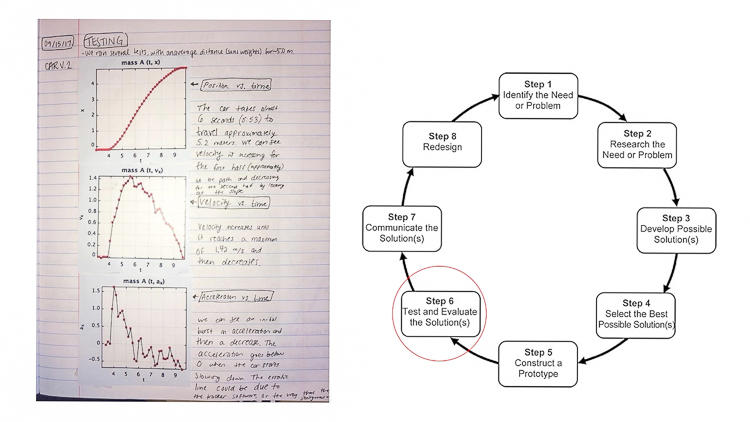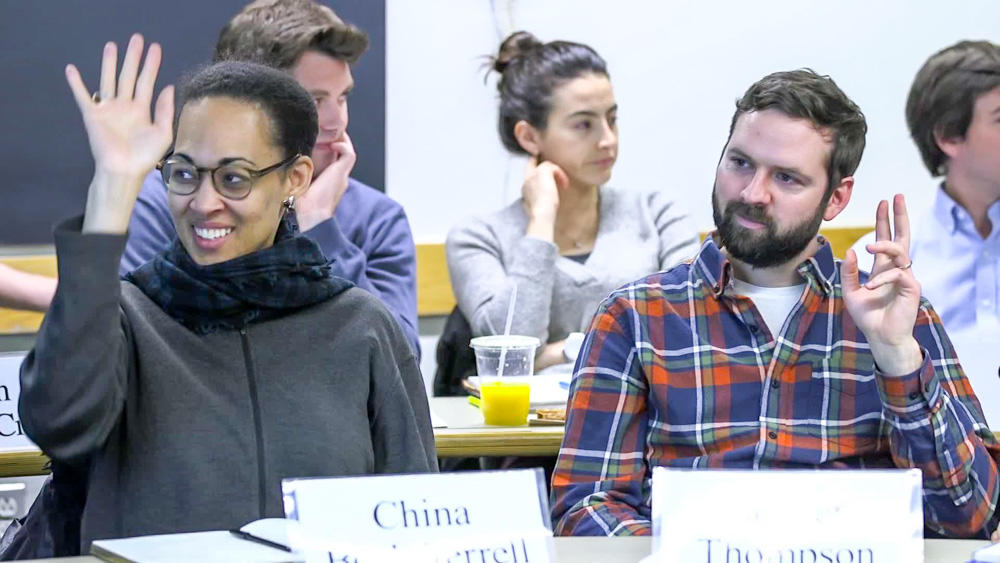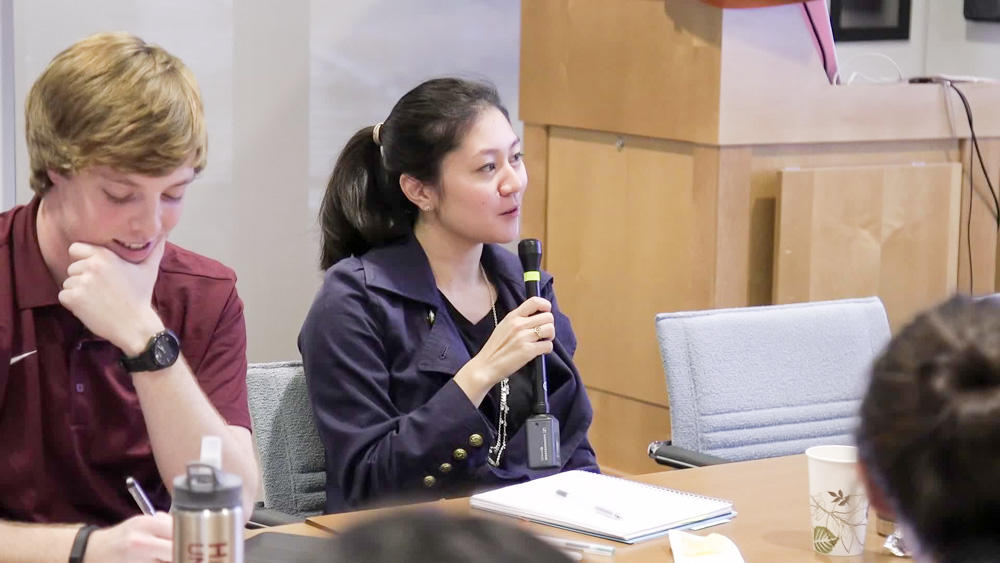Most instructors experience students asking them if they have the right answer or just asking for the right answer outright. However, as Eric Mazur and his teaching team in this video acknowledge, simply giving students the right answer can “sabotage” problem-based learning. This is because what matters in problem-based learning is not the answer so much as the process of arriving at an answer. Devaluing the right answer is one way for instructors to make this principle of teaching clear in their classrooms.
Devaluing the Right Answer
Instructor
Eric Mazur, Balkanski Professor of Physics and Applied Physics
Student Group
Undergraduate
School
School of Engineering and Applied Sciences
Course
AP50 Physics as a Foundation for Science and Engineering
Group Size
60 students
- Students may not like it when you resist providing right answers when asked. Anticipate this. Expect a learning curve where you will (a) need to be explicit about why your teaching team has taken this position, and (b) provide students with the appropriate scaffolds that will lead them to the right answer. By staying consistent to this principle, students will gradually learn that your focus is not the answer but the process.
- Have a standard set of help resources or problem-solving processes that students can turn to when they are having difficulty. By preparing these in advance, students can be more easily directed away from simply asking the instructor for the right answer and towards learning how to use the extra support to figure problems out on their own.
- Failure attribution to either behavioral causes or external causes can influence a student’s skill self-concept (Bandalos et al., 1995). This suggests that normalizing failure as a feature of developing complex skills in science by deemphasizing the “right” answer can help students attribute failure to external causes. External causes for failure could be the nature of science or complex, authentic learning environments as opposed to student behavioral or personal traits.
- Low failure avoidance in undergraduate science students is linked to optimal science motivation (Smith et al., 2014).
- Edutopia offers a post explaining why failure in courses that use project-based can be used to help students develop grit.
- In the Blog on Learning & Development (BOLD), a post explains the concept of productive failure and its benefits.




